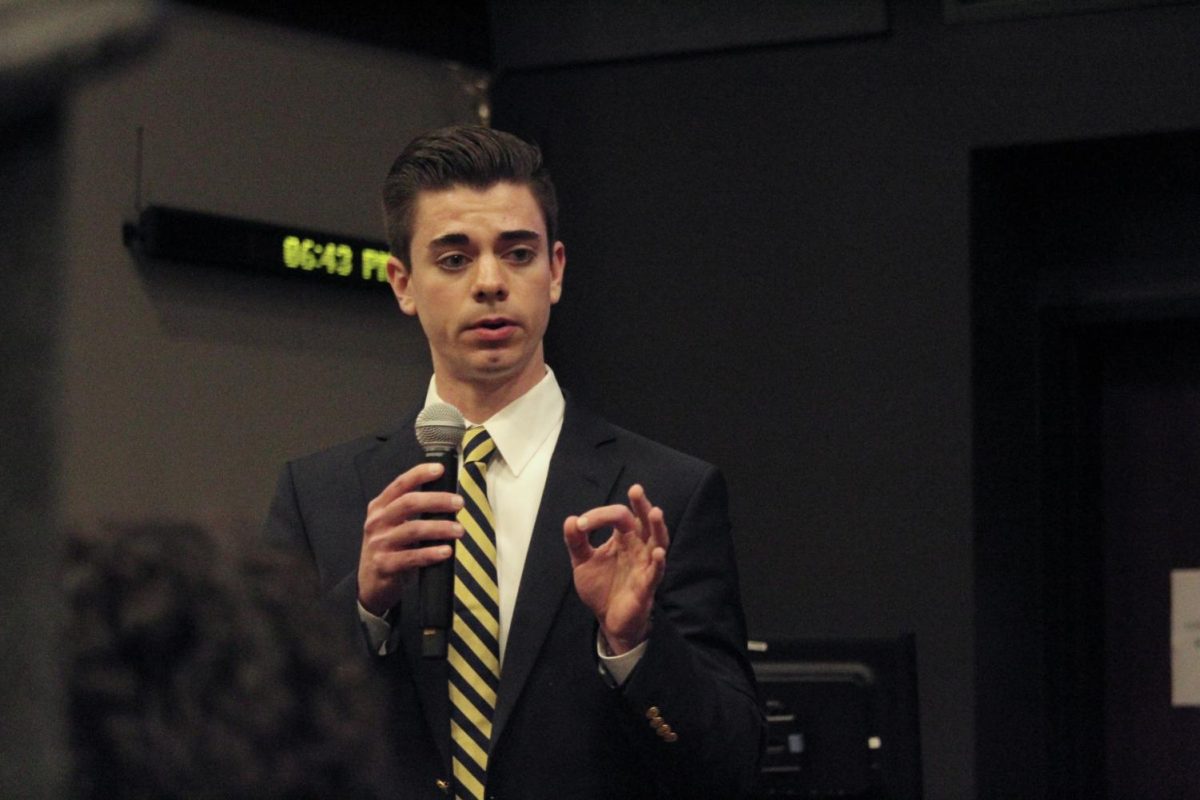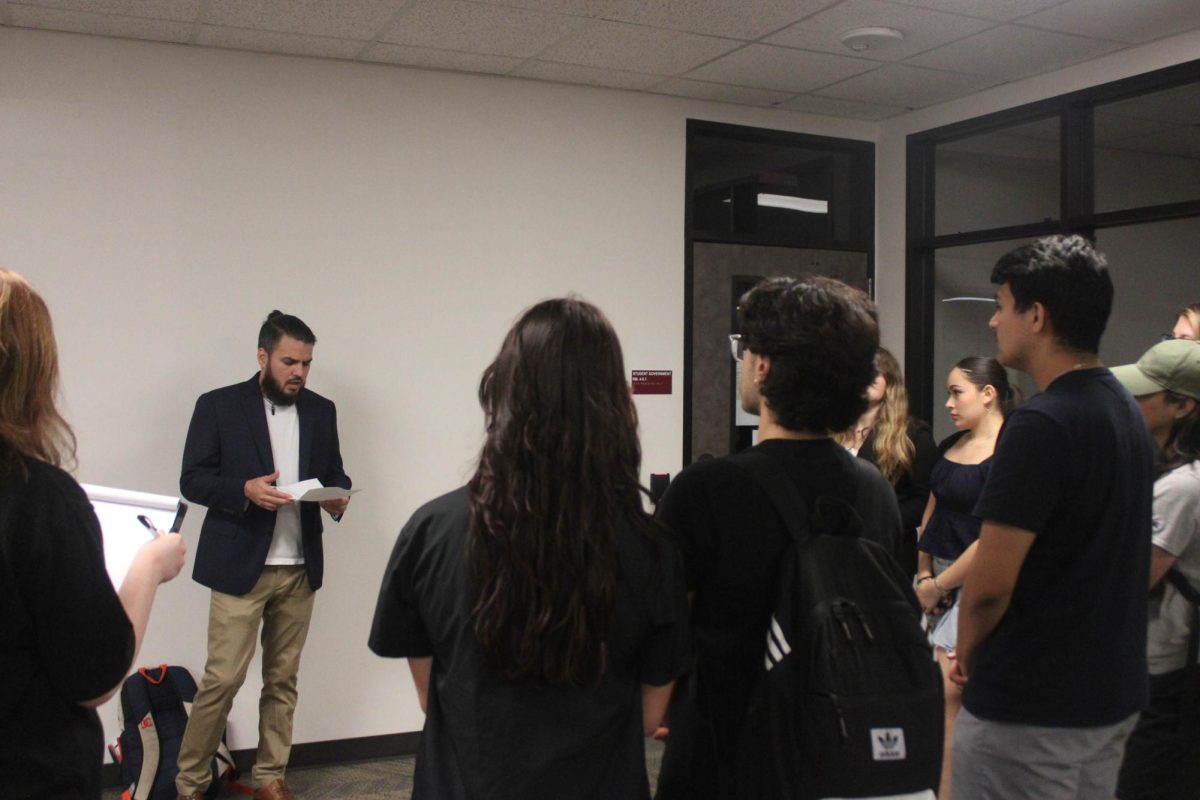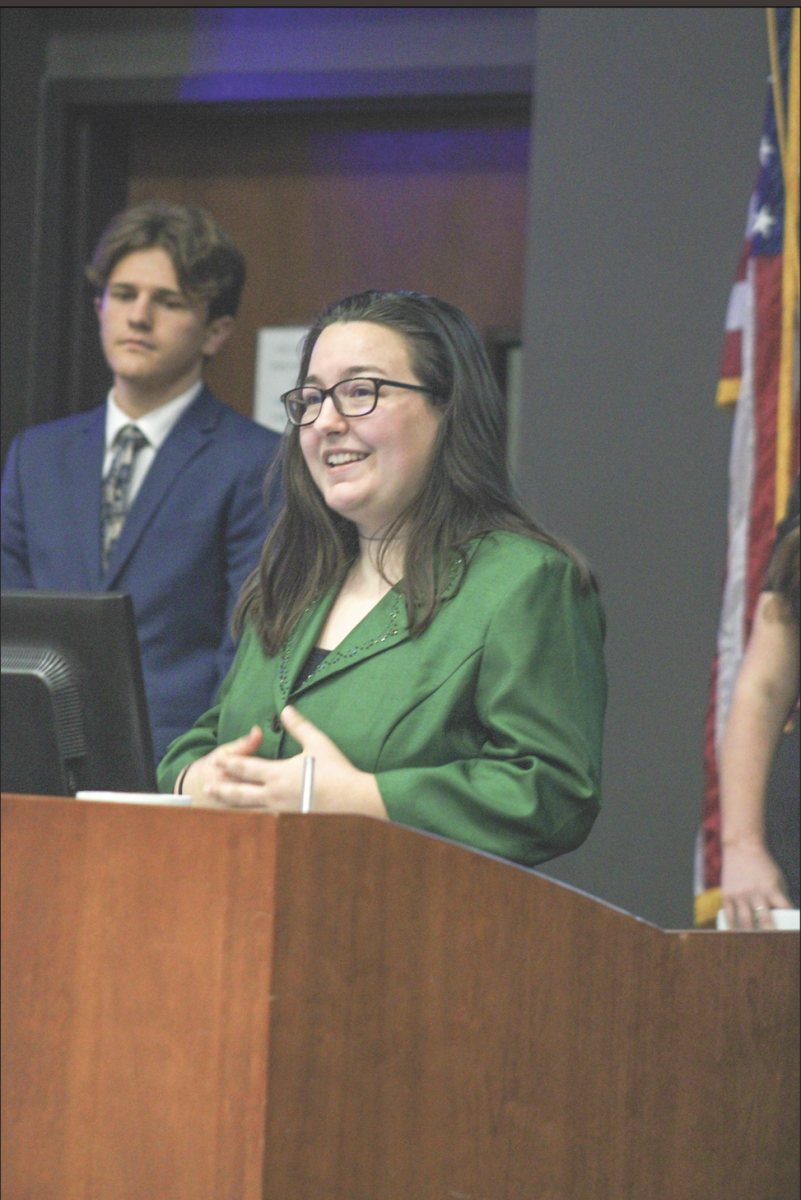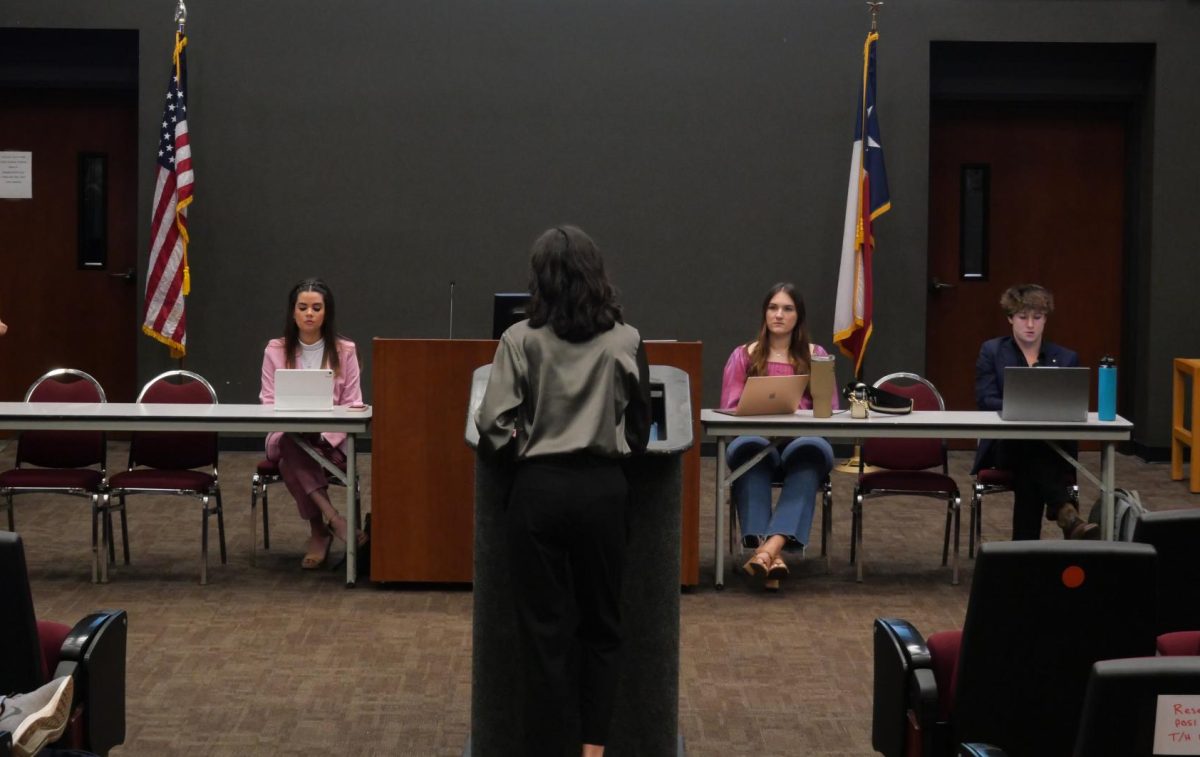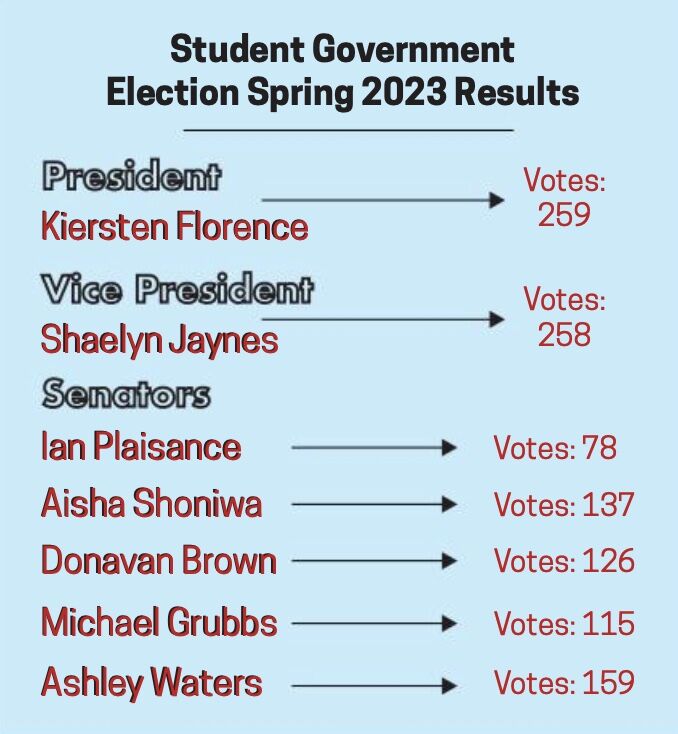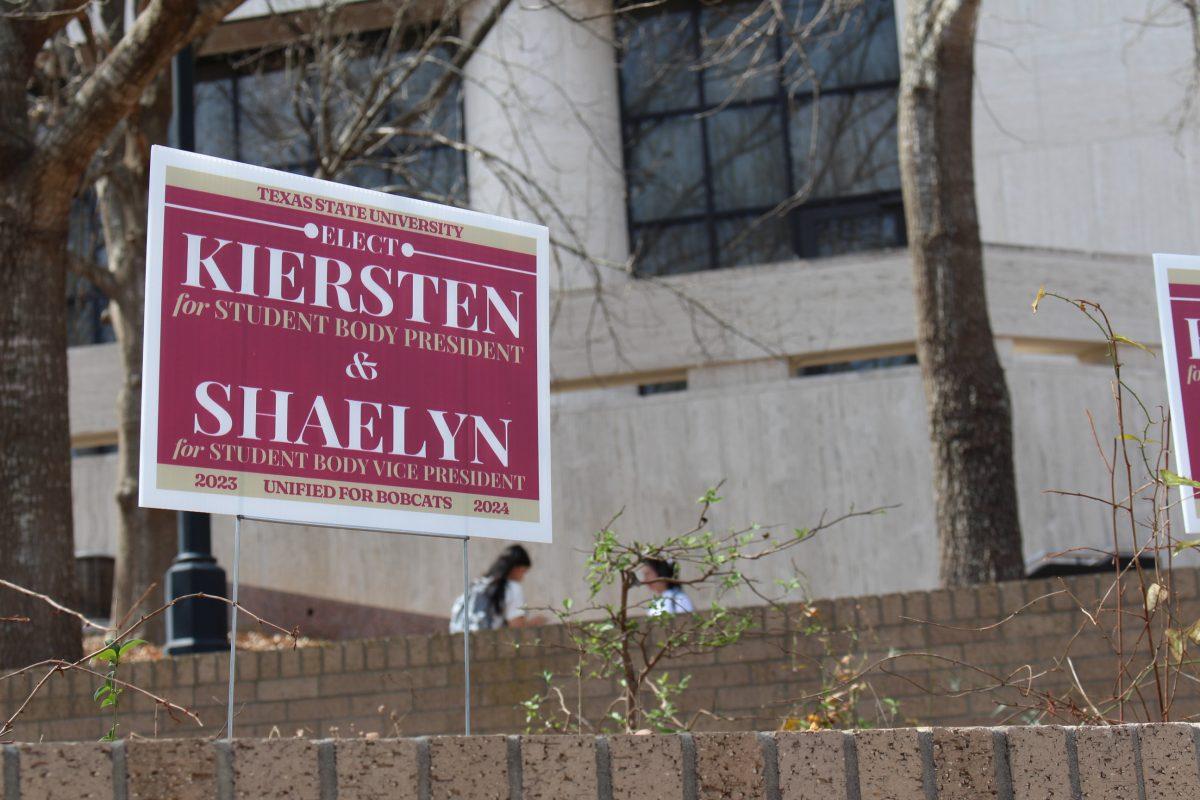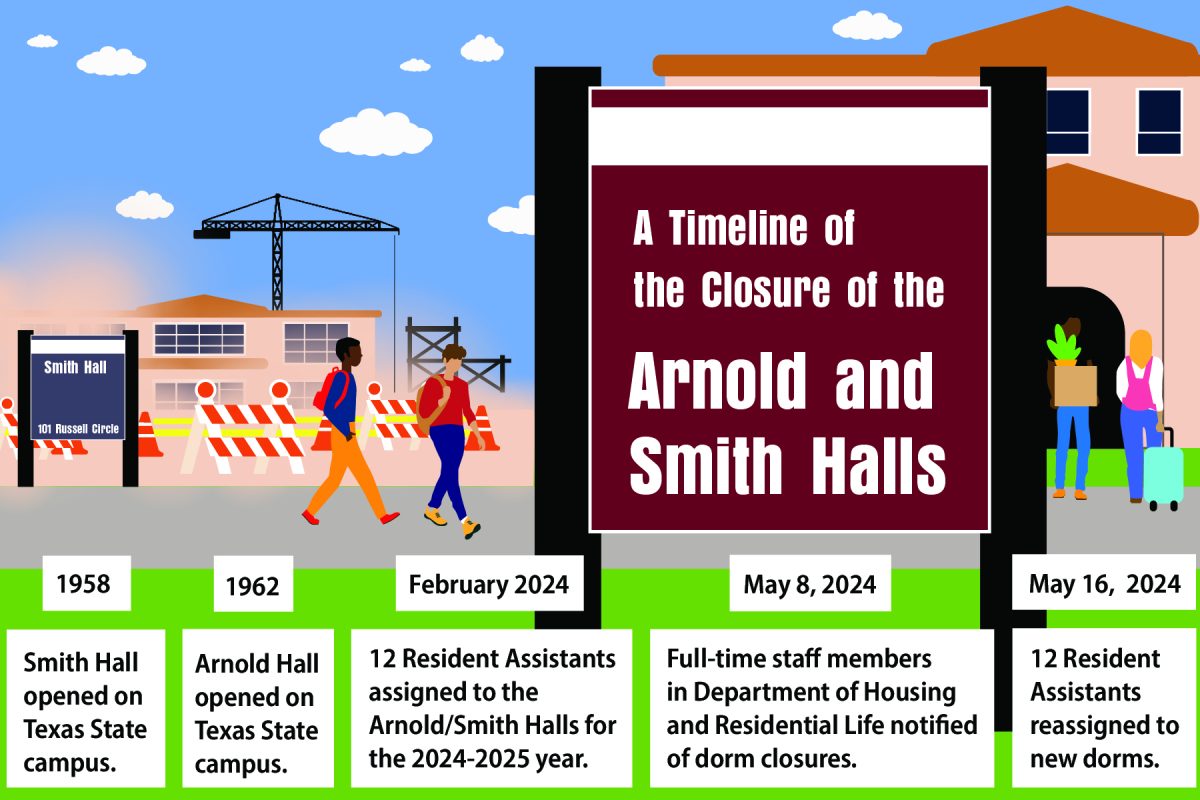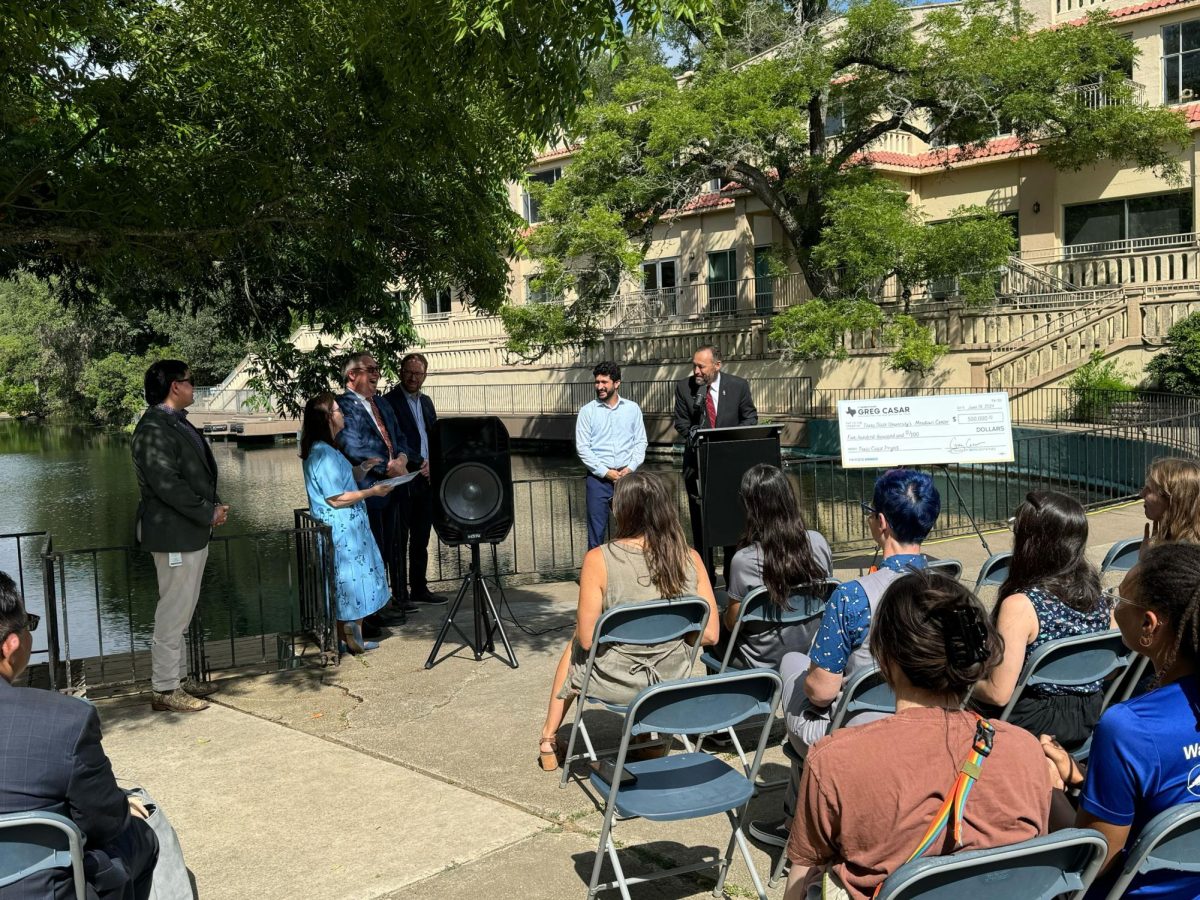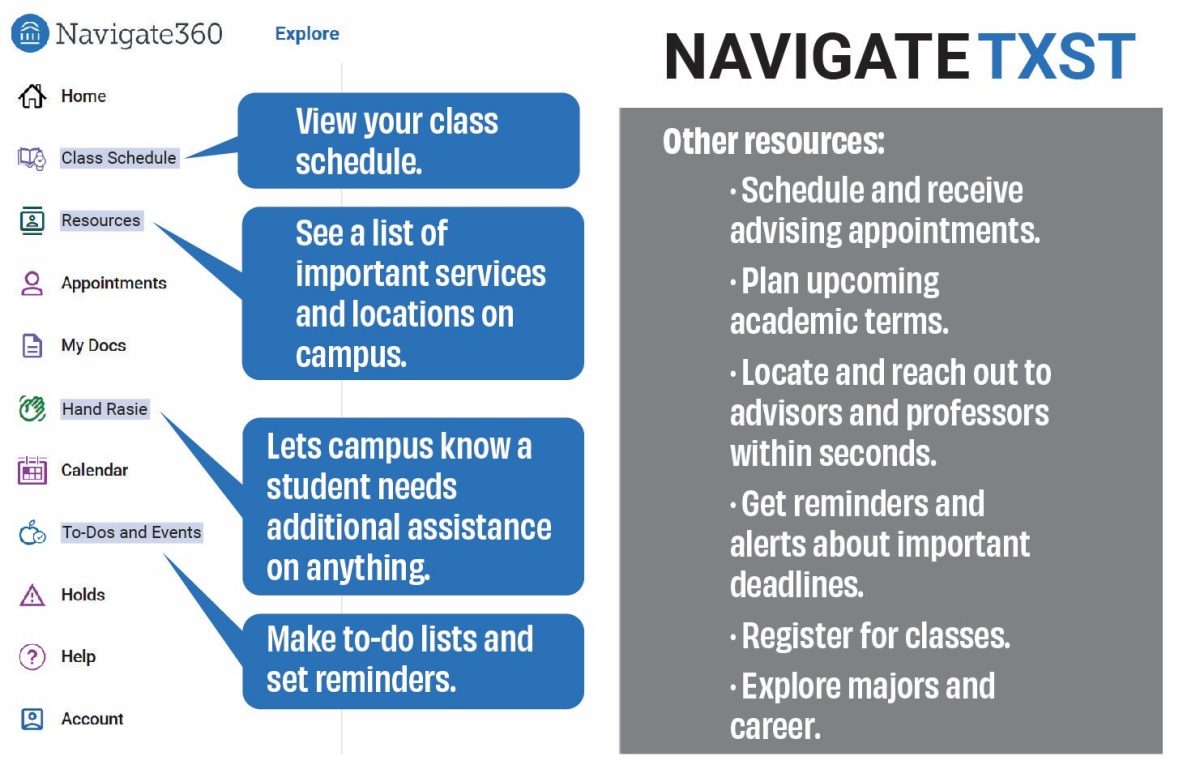The Student Government Supreme Court ruled Vice President and Chair of the Senate Andrew Florence in violation of two statutes in the Student Government Code of Laws during its Oct. 19 hearing of DeSalvo v. Florence.
On Oct. 12, Parliamentarian Cody DeSalvo filed a complaint with the court accusing Florence of violating three separate sections of the code of law relating to the recording and enforcement of the senate attendance policy.
In response, Senator Matthew Smith, with the sponsorship of six other senators, drafted a vote-of-no-confidence resolution Oct. 16 to remove DeSalvo from his appointed office under the premise of a conflict of interest caused by a “baseless” legal battle with the vice president.
At the Oct. 19 hearing, the court ruled against Florence. His key defense, led by Attorney General Corey Benbow, was that DeSalvo’s complaints, related to the chair’s failure to assume responsibilities regarding the recording and transmitting of an attendance record, were rooted in the unclear language in the code.
Standard Rules and Regulations, chapter 200, article VII, section 11, reads, “The Chairperson must ensure that the Clerk keeps the attendance record and will keep on file all excuses reported to them. The attendance record will be transmitted to the Senate Leader and Parliamentarian each Friday.”
DeSalvo says he submitted two written requests as required, and Florence still failed to transmit any attendance records this semester that are compliant with the requirements listed in the code.
“The components of the record are [the senators’] names, whether they are present or absent— if there’s an absence—if it’s excused, and what type of excuse,” DeSalvo said. “There’s no other way for me to assist in enforcing the policy or overseeing its proper application.”
Benbow’s defense was that Florence believed DeSalvo already had access to the records.
“I don’t know if the ‘Friday’ is an absolute day that it needs to be transmitted on,” Benbow said. “The Student Government Code does not set out the form that the clerk must keep attendance on. The clerk has decided that they will keep attendance by the meeting minutes, and the meeting minutes are transferred to senate parliamentarian as they are uploaded into Canvas.”
Benbow further argues that though section one of the attendance policy does establish that the parliamentarian should have oversight if the chair fails to enforce the rules, it does not clearly state the nature of the oversight required.
Section one of the attendance policy reads, “Authority and responsibility for this policy must rest with the Senate Chairperson with oversight and assistance from the Parliamentarian.”
“I do not believe those are questions for the court. If the law is poorly written and not clear, then it needs to be taken up in the senate,” Benbow said.
He says it is the senate’s responsibility to address and change the language in the law, not the court’s.
“The court should interpret the law as it is written in black and white,” Benbow said.
In DeSalvo’s cross-examination of Benbow’s argument, he pointed out a contradiction between the loose interpretation of the written ‘Friday’ deadline in section 11, and the strict interpretation of ‘oversight” in section one.
“The Attorney General proposes that the Supreme Court cannot define a commonly-used word,” DeSalvo said. “That advocacy position is, in my opinion, not a very good one because then this court would never be able to use its jurisdiction to clarify and make clear the usage of terms.”
DeSalvo followed by providing the Merriam-Webster Dictionary definition of “regulatory supervision” for the term oversight, saying that even if the law was to be strictly interpreted, he would still be operating within his realm.
“The court, in the past, and I think going forward, should be very judicious about expanding on law where there is ambiguity, but ‘oversight’ is a commonly used word,” Desalvo said.
DeSalvo also says he did not know the minutes were on Canvas until Senator Smith wrote the vote-of-no-confidence resolution against him, and when he checked the minutes on Canvas, it was not compliant with the statutes in the code.
Florence, in his response to questioning by Chief Justice William I. Frank Cadoree, says he told DeSalvo where to find the records.
“I thought it would be appropriate to tell him in person, so I told him in person,” Florence said. “I didn’t respond to his email because the email was sent to my personal account, and all senate emails should go to my student body account because of my classes and what-not.”
Neither DeSalvo nor Florence could pinpoint an accurate date on which the in-person conversation took place.
Ultimately, the court found Florence in violation of sections 1 and 11 of the senate attendance policy and refused to consider the charge in violation of article II section 1 (i) on the basis of it being redundant to the ruling of the other two charges.
Cadoree cited the recording of the Oct. 5 senate meeting in which Senate Leader Quintin Lorenz publicly requested the attendance records be submitted to him and DeSalvo to justify the court’s decision.
“Because the vice president could not expressly define when he had the conversation that clarified ‘this is how the record will be’, it was hard for the court to rule in his favor,” Cadoree said.
The court gave Florence 72 hours to complete the orders of the court.
“The vice president is hereby required to fixate who is present, absent and type of excused absence to the record that is transmitted to the senate leader and senate parliamentarian,” Cadoree said.
In addition, Florence was ordered to instruct the clerk to fixate all previous records to the same standards in the format of their choosing. If he fails to fulfill the court’s orders, then by the Student Government Constitution article VIII, section 2 (h), he could, by majority vote, be held in contempt and be suspended from office until an appeal is won or the order is followed.
Desalvo moved to table the vote-of-no-confidence resolution during the Oct. 19 normal senate meeting, which both he and Florence were in-and-out of due to the parallel meeting times. The Senate voted 11:13 against the motion; it was read as the last item of new business and awaits a vote at the Oct. 26 meeting.
All student senate meetings and court hearings are open to the public and can be attended by visiting the student government website.
Student Government Court gives vice president three days to transmit attendance records
Vice-presidential candidate Andrew Florence answers questions during the vice-presidential portion of the Student Government Presidential Debate, Monday, Feb. 10, 2020, in the LBJ Teaching Theater. The Student Government Supreme Court ruled Vice President and Chair of the Senate Andrew Florence in violation of the senate’s attendance policy during the hearing of Desalvo v. Florence.
Your donation will support the student journalists of Texas State University. Your contribution will allow us to purchase equipment and cover our annual website hosting costs.











